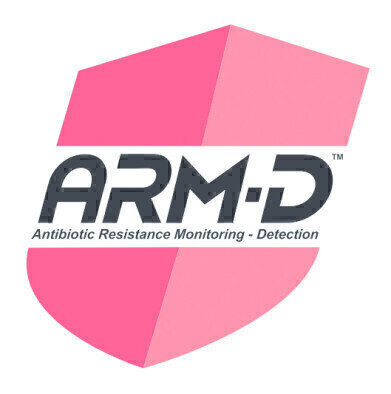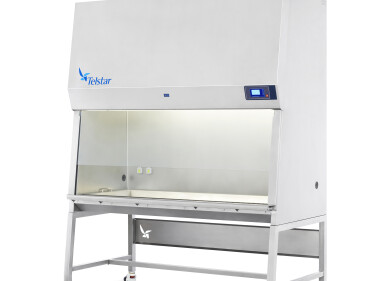Laboratory Products
New Multiplex Real-time PCR Kits Detect Clinically Relevant β-lactamase Genes
Feb 20 2017
β-lactamase enzymes inactivate β-lactam antibiotics and render them ineffective for the treatment of clinically-important Gram-negative bacterial infections. Now, two new kits from Streck Inc, available in the UK from Alpha Laboratories Ltd, provide a comprehensive, cost-effective molecular method to detect the most clinically-important β-lactamases that confer resistance to penicillins, cephamycins, and in some cases, carbapenems.
The antibiotic resistance monitoring and detection (ARM-D) kits, are multiplex real-time PCR kits that can quickly detect more than 450 β-lactamase gene variants.
The ARM-D® Kit, β-Lactamase detects 9 different Carbapenemases, ESBLs and plasmid-mediated ampC gene families. The ARM-D® Kit, ampC targets 6 plasmid-mediated ampC resistance gene families and can differentiate plasmid-mediated ampC β-lactamase resistance from chromosomal resistance.
These genotypic detection methods identify the most prevalent types of β-lactamase-based antibiotic resistance and complement phenotypic methods for the detection of multidrug resistant organisms. They can be used with standard susceptibility tests to improve surveillance and epidemiologic tracking, for improved infection control and increased effectiveness of antibiotic stewardship programs.
AmpC β-lactamases are chromosomally encoded in many bacterial species. Their overexpression can lead to resistance to most β-lactam antibiotics, causing therapeutic failure. Transmissible plasmids with acquired genes for AmpC β-lactamases often cause increased β-lactamase production and can appear in organisms lacking or having low-level expression of a chromosomal ampC gene. Resistance due to plasmid-mediated AmpC enzymes can be broad in spectrum and often hard to detect. As Gram-negative organisms producing multiple or plasmid-mediated β-lactamases are difficult to identify phenotypically, more specific detection methods are essential for the identification of clinically important β-lactamases and selection of the appropriate antibiotic therapy. Detection and genetic identification of both plasmid-mediated and chromosomally expressed AmpC β-lactamases are crucial for better understanding of these resistance mechanisms and, consequently, for active surveillance and infection control.
Digital Edition
International Labmate 49.6 - Sept 2024
September 2024
Chromatography Articles - HPLC gradient validation using non-invasive flowmeters Mass Spectrometry & Spectroscopy Articles - From R&D to QC, making NMR accessible for everyone: Putting NMR...
View all digital editions
Events
Sep 29 2024 Singapore
Oct 06 2024 Liverpool, UK
Oct 08 2024 Gothenburg, Sweden
Oct 09 2024 Birmingham, UK
Oct 09 2024 NEC, Birmingham, UK



.jpg)









-(300-x-250-mm)_1.jpg)




